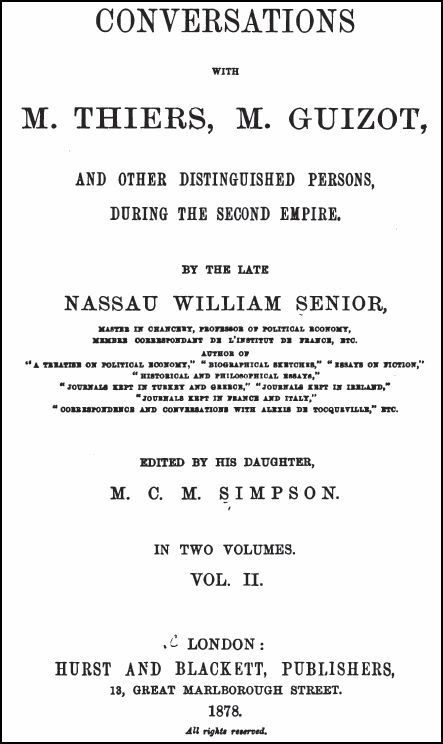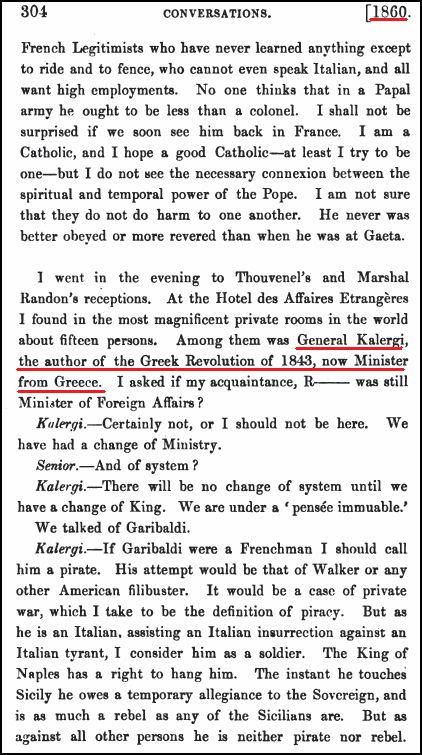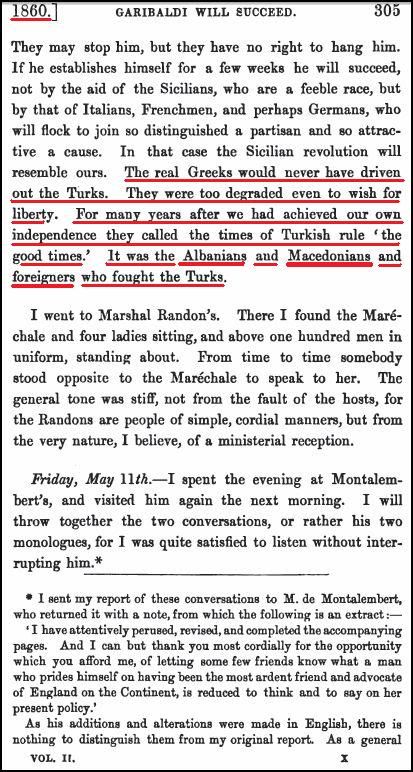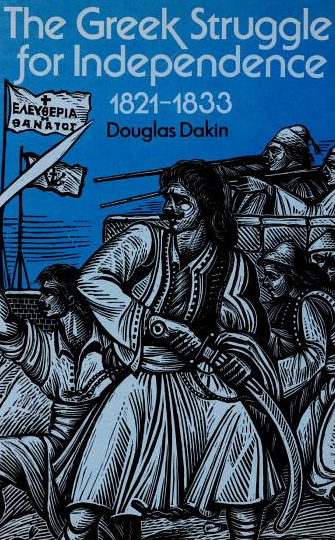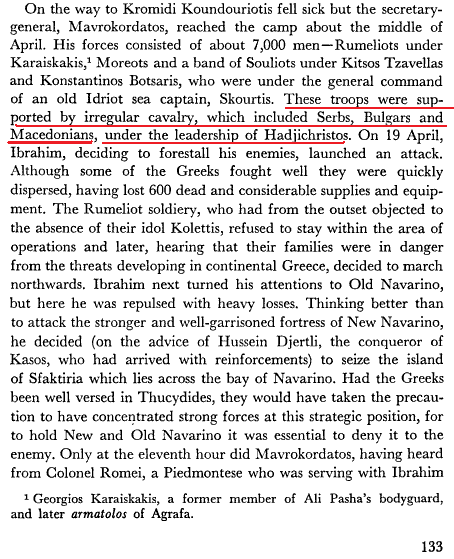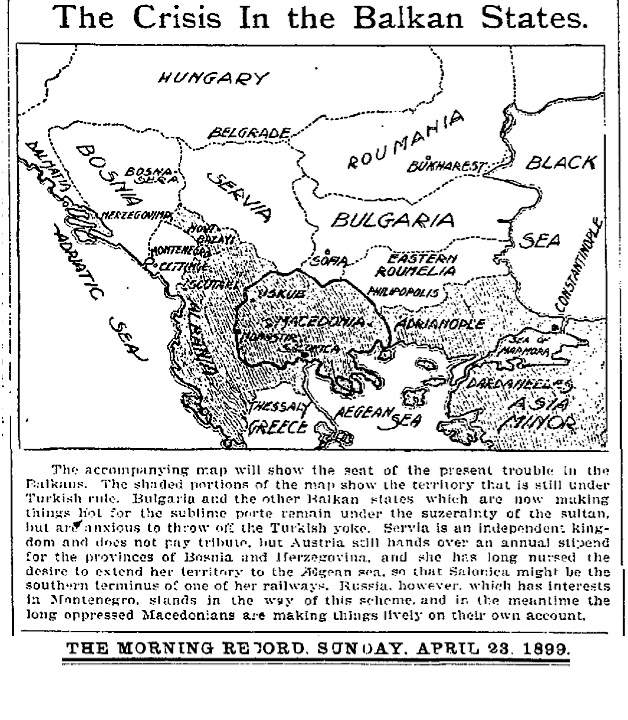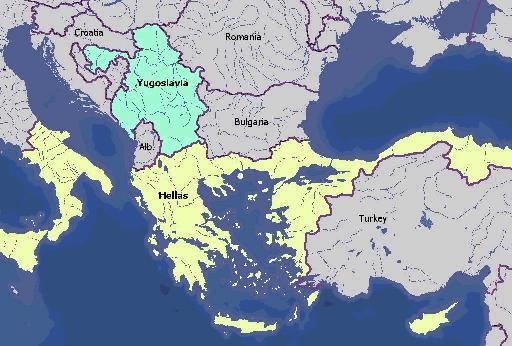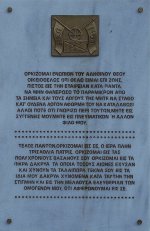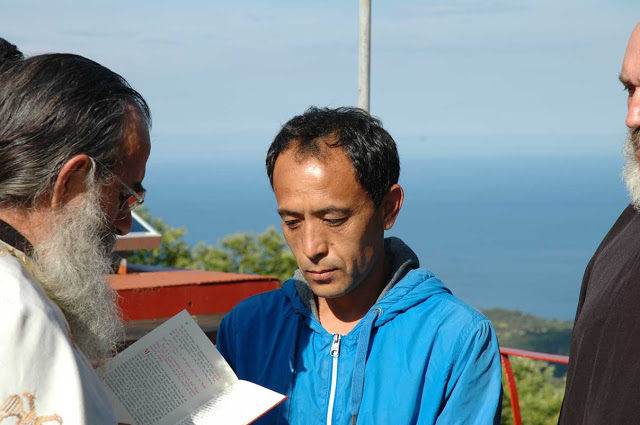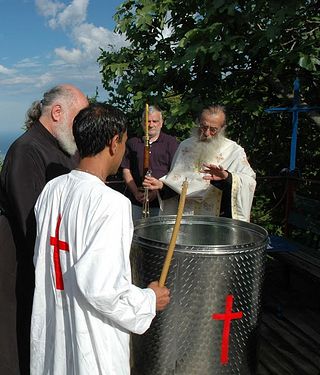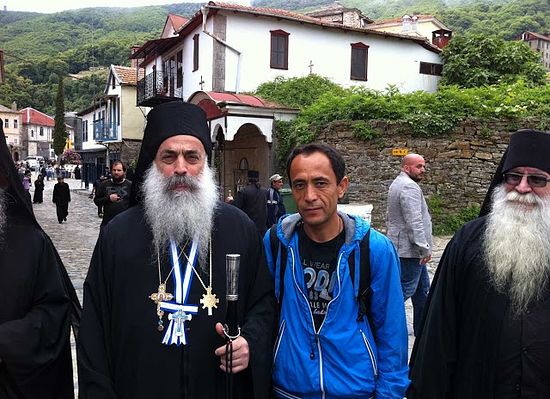King Bardhyl
Banned
- Messages
- 467
- Reaction score
- 12
- Points
- 0
Religion was, and is, one of the defining elements of the Greek national self-consciousness and this is no different then say Spanish or Italians and Catholicism, or Turks and Islam, however to say that it is the only one for the Greek nation is incorrect. I would point out the reference for the definition of ethnicity for a more comprehensive view of what makes us Greek and to it I would in fact add "blood" as DNA results suggest that we are basically who we always have been, with some additions from other population groups along the way which is only natural:
"An ethnicity, or ethnic group, is a socially-defined category of people who identify with each other based on common ancestral, social, cultural, or national experience.[1][2] Membership of an ethnic group tends to be defined by a shared cultural heritage, ancestry, myth of origins, history, homeland, language (dialect), or even ideology, and manifests itself through symbolic systems such as religion, mythology and ritual, cuisine, dressing style, physical appearance, etc."
http://en.m.wikipedia.org/wiki/Ethnic_group
Now, let us be clear, were they "Asiatic Christians" or "Turkish Christians" with the implication they were "Turks" as we keep hearing? What exactly constitutes an "Asiatic Christian"? It is a fact that Asia Minor had long established Greek communities which pre-date in some cases the conquests of Alexander the Great and maintained their continuity right up to the turn of the twentieth-century exchanges you mention just like there were Greeks in Bulgaria with that particular population exchange.
In regards to your questions the Turks were brought into the Balkans, initially in small numbers as mercenaries or allies, by the Byzantine rulers in the 14th century AD to aid in their civil wars or to be used against their other foreign enemies, such as the Western mercenary companies. Of course by then you realize they had taken pretty much all of Asia Minor, and with all the depredations against the Byzantines from all sides and inside, they could hardly be too picky of where they looked for trained warriors at the time. As for Kosovo and the later resistance to the Ottomans, well did it occur to you by then the Greeks were already pretty much broken and subdued, barely hanging on for existence. Who after all had been fighting against the Turks, from the Seljuks on, for longer, or with more land, economic, material and population losses? By the time of the defence of Constantinople itself how many soldiers do you think the Greeks could, or did field? Prior to this, the Turks sent multiple huge raiding armies into Thessaly, Attica, and the Peloponnesus (Morea) to pillage, plunder and devastate Greece and soften up their southern flank while the marched on their conquests in the Balkans. Look up Turahan Bey for that. Later on, let us not forget the Turkish use of the Albanian bands to keep Greece subdued.
You may look up the Morosini-led Morean War or the Orlov Revolt and the correspondence of the Greeks with those leaders in regards to your interest in early Greek attempts for cooperation with anti-Ottoman forces, or liberation. Of course there is also the somewhat famous one of 1821.
As I mentioned before, isn't this attempt at all this deflection with Greeks really a way to cover up certain other insecurities, your mass-collaborationism being a big one perhaps?
When we speak about ethnos, are two things :
Language
National conscience
The chief authority was conceded to the Albanian shipowners; George Konduriottes of Hydra was elected president of Greece, and Botasses of Spetzas vice-president…..The Greeks are the most prejudived of all Europeans when there is a question of the purity of the Hellenic race, and no people regards education with more favour; yet with all this nationality and pedantry they intrusted their public affairs, in a period of great difficulty, to two men who could not address them in the Greek language. (George Finlay, History of the Greek Revolution)


